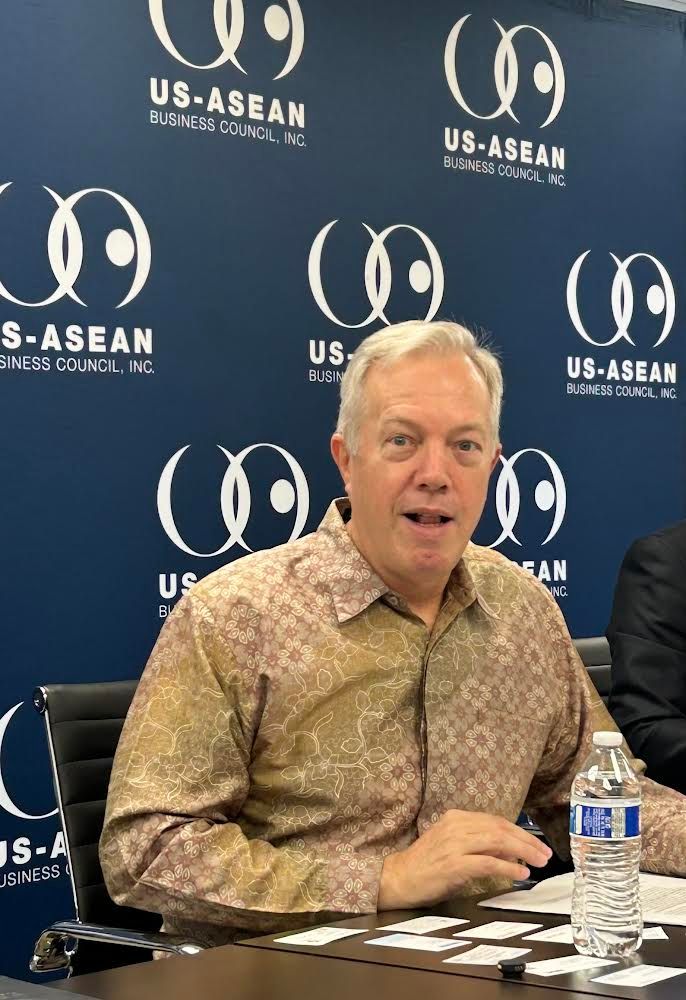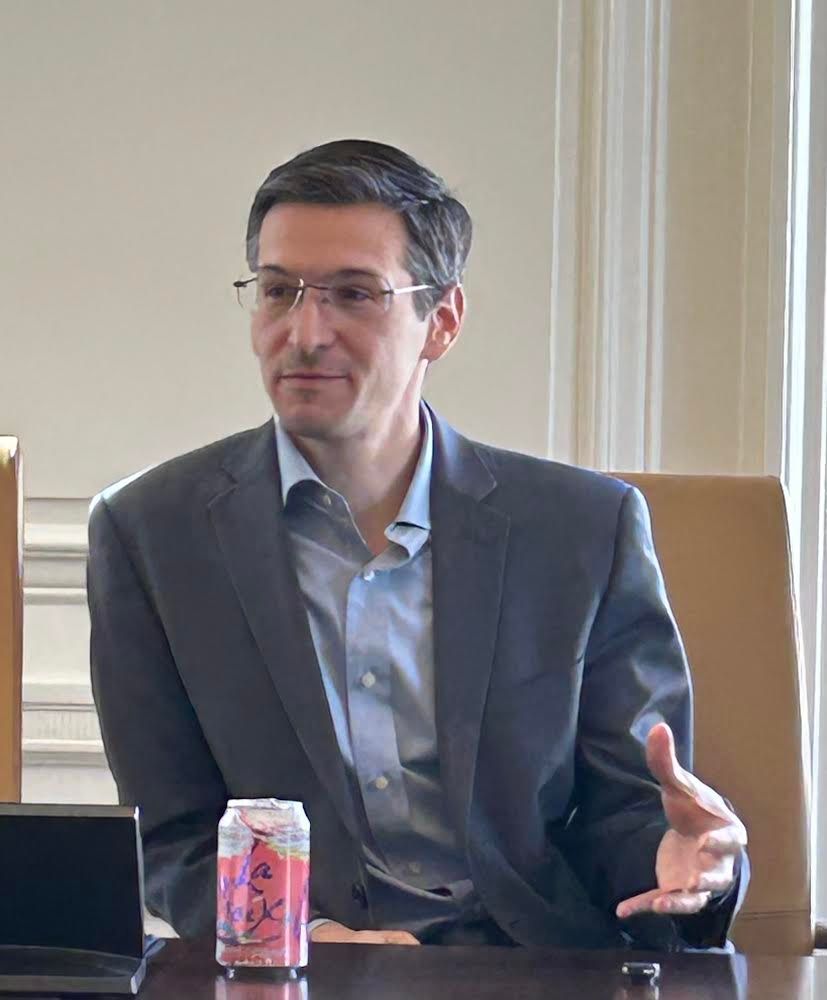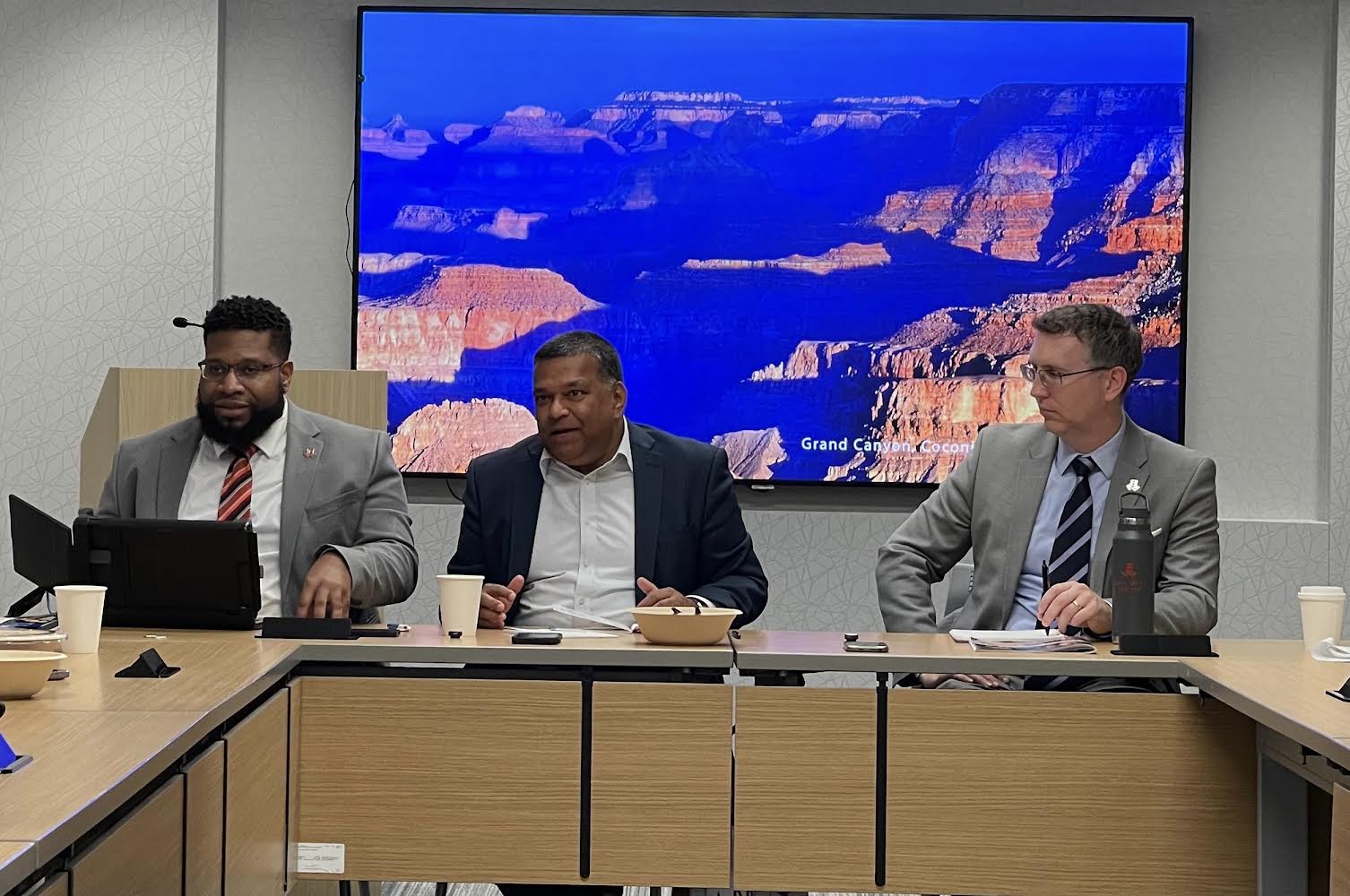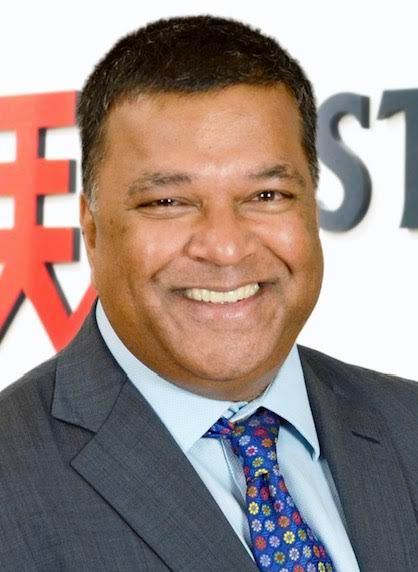WASHINGTON, D. C. — American business leaders are bullish about pouring their investments into the Philippines after finding opportunities and reasons to make it their top destination.

Former Ambassador Ted Osius, now the president and CEO of the US-ASEAN Business Council (US-ABC), said American investors are looking at technology, manufacturing, services, energy, and infrastructures as key areas of investment in the Philippines.
Osius praised the administration of President Marcos for its concerted efforts in eliminating bottlenecks in government transactions, particularly in infrastructure.
“President Marcos’ economic approach is very sensible and very pragmatic and it is paying off,” he said.
Osius said President Joe Biden was very clear in his directive to US Secretary of Commerce Gina M. Raimundo to look for opportunities in the Philippines.
Osius cited the Philippines for having the second highest growth in ASEAN.
“I am bullish. I see huge opportunities in the Philippines. We want to do business. We want to boost business,” he added.
In general, Osius said the American business community sees huge opportunities in Southeast Asia and plans to point this out to the next administration, whether it is Kamala Harris or Donald Trump, and emphasized that this interest will be sustained even after the US elections.
“ASEAN is intrinsically important. ASEAN is important to America,” he added.
He said that “tons of Cabinet-level visits to ASEAN” have been made in the past four years.
As to ASEAN’s share of investments from the US, Osius sees an upward trend compared with other regional blocs.
This, despite several crises that the US had to face - the conflict in the Gaza strip, the Ukraine-Russia war, the attempted assassination on Trump, among others.
“Our biggest teams are in Jakarta and Manila,” he said.
Osius described US relations with ASEAN as a “three-legged stool” where the economic leg is shorter than the security leg.
“The security part of the relationship is the long leg in the stool,” he emphasized, but said this should be evened-out with the current burgeoning economic cooperation between the US and the Philippines.

Dr. Zack Cooper, a senior fellow at the American Enterprise Institute, said there had been a rapid build-up of trust with President Marcos and this had made US engagements in the Philippines more robust.
“The Biden team had made good work with the Marcos government. We tried with (former president Rodrigo) Duterte but it was difficult,” he admitted.
“It is our real desire to support an ally. We stand with the Philippines and we have a responsibility to do that or our alliance will fracture,” Cooper said.

Dr. Satu P. Limaye, vice president of East-West Center, said that ASEAN has “weight, standing, and interest” and urged its member-countries to make the investment environment more conducive and advantageous to foreign investors.

East-West Center’s flagship initiative called “Asia Matters for America” maps the trade, investment, employment, business, diplomacy, security, education, tourism, and people-to-people connections between the US and Indo-Pacific region at the national, state, and local levels.
The US State Department, together with the US Mission to ASEAN, and the East-West Center, organized a group of journalists from the Association of Southeast Asian Nations for a coverage tour in Seattle and Washington, D.C. from October 26, to November 7, 2024.